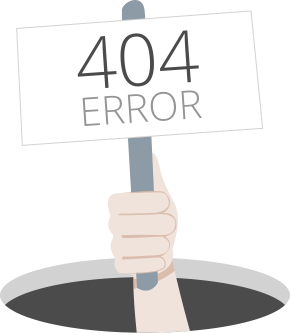- Markets
- News
- Analysis
- Trading Tools
- Blog
- Education
- About us
Popular Articles
Popular Articles
Popular Articles
Popular Articles
Popular Articles
Popular Articles
Popular Articles
Popular Analysis
Kevin Hassett is now backing out of the race to lead the Federal Reserve, and Trump doesn’t seem to mind.
1768819127
Crypto Meltdown. 240,000 Liquidated, $100 Billion Wiped Off Crypto Market Cap.
1768818832
Meme Coins Price Prediction: DOGE, SHIB and PEPE tumble with Bitcoin, as support levels come into focus
1768802914
Popular Analysis
Kevin Hassett is now backing out of the race to lead the Federal Reserve, and Trump doesn’t seem to mind.
1768819127
US Q4 Earnings Season Set to Begin: Can US December CPI Data Bolster Rate Cut Case? [Weekly Preview]
1768212946
Trump’s Tariff Ruling Lands Today: Market to Rise or Fall — The Decision Will Tell
1767956286
Popular Analysis
Popular Analysis
Gold Price Forecast: XAU/USD surges to all-time high above $4,650 amid Greenland tariff threats
1768785837
Silver Price Forecast: XAG/USD corrects to near $86.50 as Iran stops killing protesters
1768456540
Gold Price Forectast: XAU/USD rises above $4,600 on US rate cut expectations, Fed uncertainty
1768355153
Popular Analysis
Bank Stocks Lead US Equities in 2026; Wall Street Warns Guidance Matters More Than Earnings.
1768299355
My Top 5 Stock Market Predictions for 2026
1767669251
TradingKey 2025 Markets Recap & Outlook | Wall Street Bullish on 2026: S&P 500 Forecast at 8,000 with AI Gains and Cyclical Stocks Soaring
1766571246
Popular Analysis
Crypto Meltdown. 240,000 Liquidated, $100 Billion Wiped Off Crypto Market Cap.
1768818832
Meme Coins Price Prediction: DOGE, SHIB and PEPE tumble with Bitcoin, as support levels come into focus
1768802914
How Is the Crypto Market Structure Bill Progressing? Advancing or Hindering the Future of Cryptocurrency?
1768559798
Top Blog Posts
Top Blog Posts
Top Blog Posts
Top Blog Posts
Top Blog Posts
Top Blog Posts
Beginners
Long position VS. short position: Which one is better?
In the world of trading, understanding the concepts of long and short positions is crucial for making informed decisions. A long position involves buying an asset with the expectation that its value will rise, while a short position entails selling an asset you don't own, betting that its price will fall.
How to Choose an Online Trading Platform
Selecting a trading platform is one of the most critical decisions for any trader. But how do you ensure you're choosing one that's regulated, cost-effective, and easy to use? Understanding the key criteria can set you up for success.
What is Leverage in Financial Trading?
Leverage is a fundamental concept in financial trading,allowing traders to control larger positions with a smaller amount of capital. While it can amplify potential profits, leverage also significantly increases the risk of losses, making it a powerful but double-edged sword.
Mitrade Insights is dedicated to providing investors with rich, timely and most valuable financial information to help investors grasp the market situation and find timely trading opportunities.
2021
Best News & Analysis Provider
FxDailyInfo
2022
Best Forex Educational Resources Global
International Business Magazine




